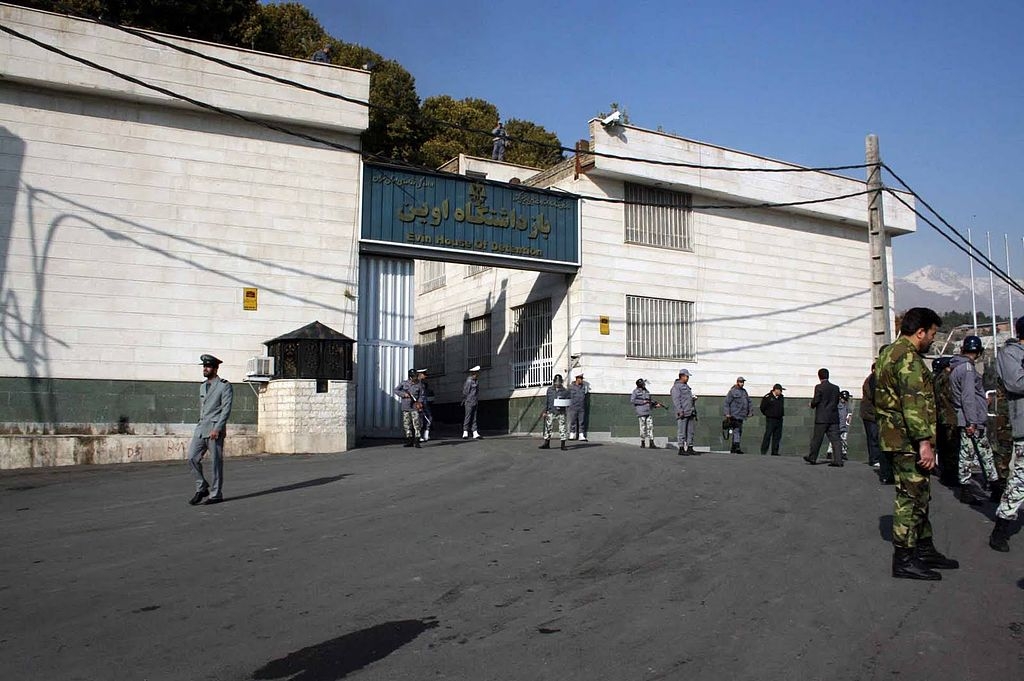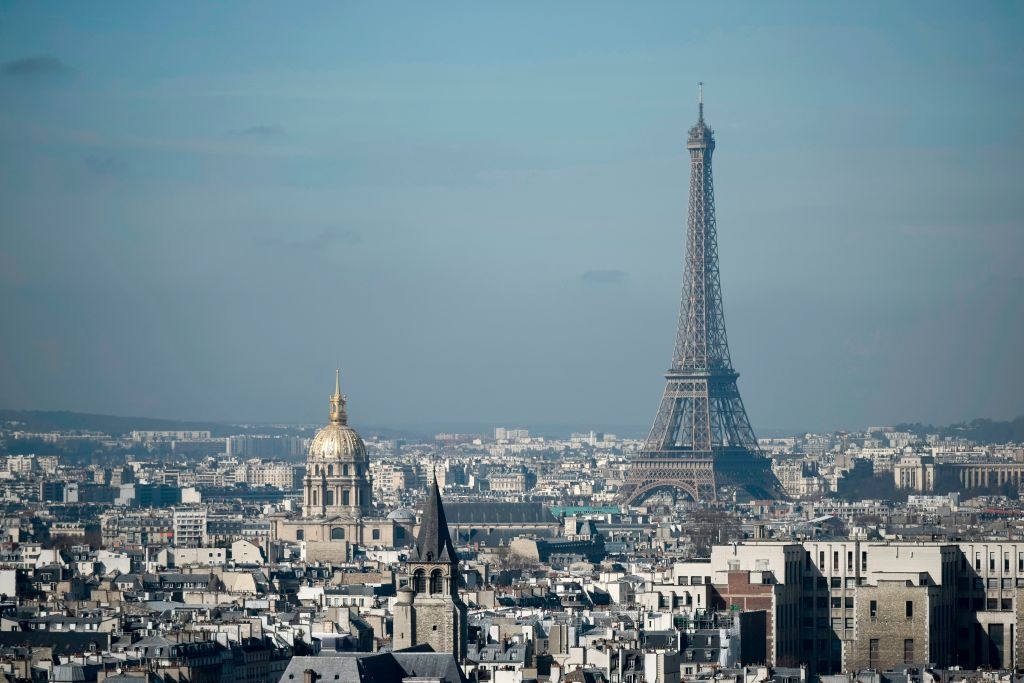In this mailing: - Raymond Ibrahim: 'We Will Squash Them': The Persecution of Christians, November 2020
- Amir Taheri: The Joys of Paris in Coronavirus Days
by Raymond Ibrahim • December 27, 2020 at 5:00 am "They tried to force some of our Christians to convert to Islam. They also tried to force my wife and our four children to convert to Islam, but when they refused to convert, they shot my wife in the head while our four children were cut into pieces with a Somali sword. — Morningstar News, Democratic Republic of Congo. "Islamic militants turned a village soccer field in northern Mozambique into an execution ground when they beheaded more than 50 people during three days of savage violence.... More than 2,000 people have been killed and about 430,000 left homeless in the region since 2017." — Barnabas Aid, Mozambique. For two months after kidnapping a deaf and mute Christian teenage girl her, five Muslim men repeatedly gang-raped and tortured her. All this time, police ignored the parents' pleas to intervene. It was only when a local authority took up the case, and only after months of court meetings, that the girl was located and returned to her parents. One of the kidnappers insisted the girl had willingly converted to Islam and married him. — British Pakistani Christian Association, Pakistan.
 On November 15 in Iran, Zaman Fadaei, a convert to Christianity, was lashed 80 times because he sipped communion wine. He was whipped at Evin Prison, where he has been serving a six-year prison sentence for organizing a house church and "promoting Zionist Christianity." Pictured: Evin Prison in Tehran, Iran. (Image source: Ehsan Iran/Wikimedia Commons) The following are among the abuses inflicted on Christians by Muslims throughout the month of November 2020: The Slaughter of Christians Indonesia: On Nov. 27, Islamic terrorists beheaded a Christian priest and killed three other Christians by slitting their throats in Lembantongoa village. During the raid, a Salvation Army church and six Christian homes were also torched. While acknowledging that an Islamic militant group was responsible, authorities claimed that the attack was not "religiously motivated." One human rights researcher said that this "latest strike was a 'clear escalation' of violence against Christians." Democratic Republic of Congo: From November 20-25, in a number of villages, members of the Islamic State-linked Allied Democratic Forces slaughtered approximately 20 Christians. According to a clergyman who lost his family in the massacres: Continue Reading Article by Amir Taheri • December 27, 2020 at 4:00 am One remembers lazy afternoons spent discussing the fate of mankind and providing answers to non-existent existential questions, and warm evenings visiting exhibitions of structuralist paintings with no structure, rounding up all that at sunrise with a generous bowl of onion soup in the fruit and vegetable market in Les Halles. Having nowhere to go and nothing interesting to do, being in Paris these days feels like being in Moscow in the 1960s when the only excitement was provided by rumors about the arrival of new supplies of potatoes or a one-day availability of hot chocolate in Cafe Pushkin. The roots of this unbelievable population control, something even Lenin could not dream of, may be found in the culture of dirgisme (overall control) that assumes the governments know best even when they admit they don't.
 (Photo by Philippe Lopez/AFP via Getty Images) "You are lucky to be in Paris at this time," says a friend phoning from New York. "Here, we are like rats in a box, going round and round." In the past few weeks I have heard similar lamentations from friends in London and Berlin, not to mention Beirut and Tehran. It must be the name of Paris that leads our interlocutors into imagining the rosy times that I am supposed to have in these dark and dreary days of the coronavirus pandemic in the City of Light. The image they have of Paris is the one depicted by countess movies, novels and travelogues of a bubbling city dedicated to generating joy. After all, Ernest Hemingway called it "a moving feast" while Henry Miller saw it as "an improvement on paradise". Iranian novelist Sadeq Hedayat believed Paris was the best place to live and die in. This was, perhaps, why he spent years there in exile before committing suicide. Continue Reading Article |
|
No comments:
Post a Comment